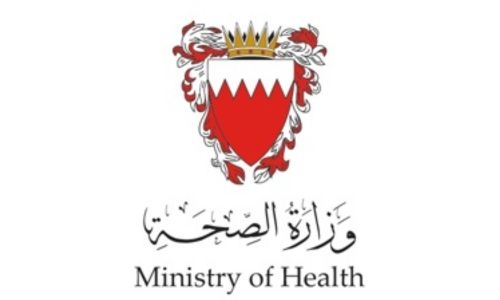Bahrain’s Ministry of Health is dedicated to preventing diseases and epidemics while providing top-notch diagnostic and therapeutic services to all residents in line with national and international health goals. World Hepatitis Day, observed on July 28, emphasizes the theme “It’s Time for Action” to raise public awareness about hepatitis and promote global cooperation in reducing the prevalence and complications of the disease. The ministry has taken significant steps, such as introducing hepatitis B and A vaccinations in the routine immunization schedule since 1991 and 2004 respectively. Additionally, Bahrain ensures thorough screening of blood donors for these viruses, early detection through premarital and prenatal screenings, laboratory tests, and necessary treatments along with continuous awareness and education efforts.
The Global Hepatitis Report 2024 by the World Health Organisation (WHO) provides a roadmap to enhance the management of viral hepatitis and achieve the goal of eliminating the epidemic by 2030. There are five main types of hepatitis viruses, namely A, B, C, D, and E, with varying transmission methods. Hepatitis A and E are typically transmitted orally through contaminated food or water, while hepatitis B, C, and D are transmitted through blood and its derivatives like shared needles, blood transfusions, or sexual contact with an infected individual. Additionally, the virus can be passed from an infected mother to her child during pregnancy, childbirth, or breastfeeding.
Bahrain’s commitment to offering high-quality diagnostic and therapeutic services for hepatitis is evident through its ongoing efforts to improve the management of viral hepatitis and move closer to eradicating the disease by 2030. The implementation of hepatitis vaccinations, blood donor screenings, early detection programs, laboratory tests, necessary treatments, and awareness campaigns are crucial steps in combating the disease effectively. By adhering to international health objectives and promoting global cooperation, Bahrain aims to reduce the prevalence and complications of hepatitis, ultimately working towards the complete eradication of the disease.
Through its comprehensive approach to hepatitis prevention and treatment, Bahrain is paving the way for a healthier future for its citizens and residents. By focusing on early detection, vaccination programs, and public awareness campaigns, the Ministry of Health is actively working towards reducing the impact of hepatitis on the population. The efforts to provide high-quality diagnostic and therapeutic services, along with continuous education and awareness initiatives, showcase Bahrain’s commitment to improving healthcare outcomes and ensuring the well-being of its people.
The dedication of Bahrain to address hepatitis as a public health priority is underscored by its inclusion of vaccinations in the routine immunization schedule, blood donor screenings, and early detection programs. These initiatives, alongside ongoing laboratory tests and necessary treatments, are essential in combating the spread of viral hepatitis and reducing its impact on the population. By aligning with global objectives and prioritizing prevention and treatment efforts, Bahrain is taking proactive steps towards eliminating hepatitis as a major health concern within its borders.
In conclusion, Bahrain’s commitment to enhancing prevention and treatment services for hepatitis reflects its dedication to improving public health outcomes and ensuring the well-being of all residents. By focusing on vaccination programs, blood donor screenings, early detection initiatives, and continuous education efforts, Bahrain is actively working towards reducing the prevalence and complications of hepatitis and ultimately eradicating the disease. Through collaboration with international health organizations and adherence to global health objectives, Bahrain is making significant strides in the fight against hepatitis, setting a positive example for other nations to follow.





















